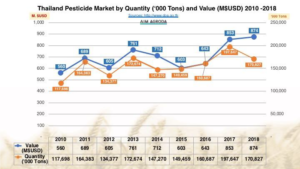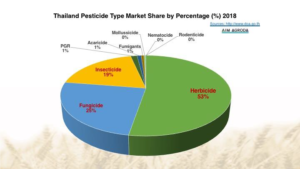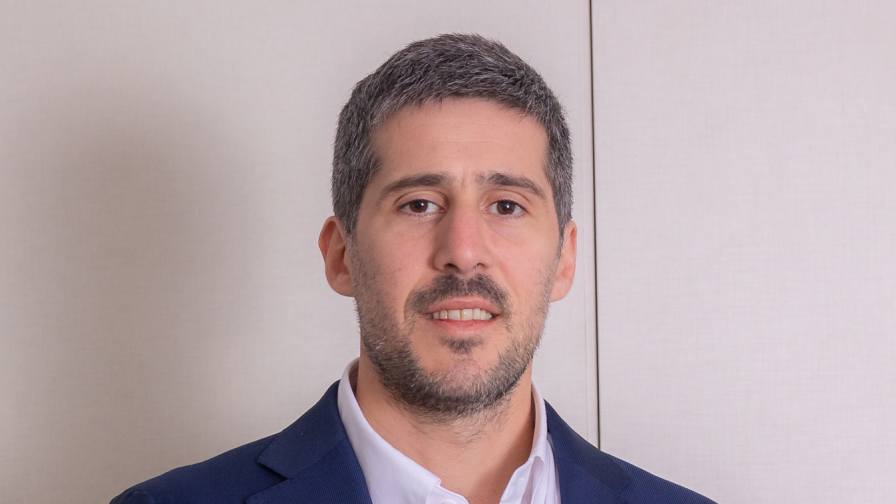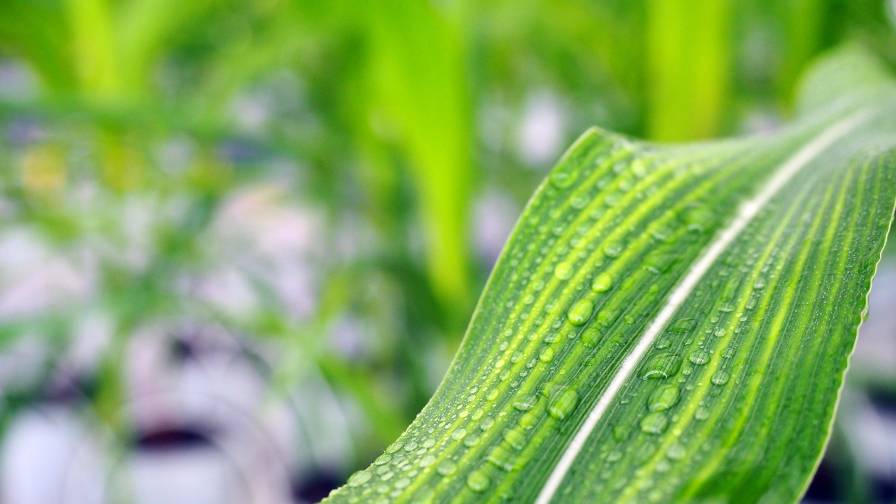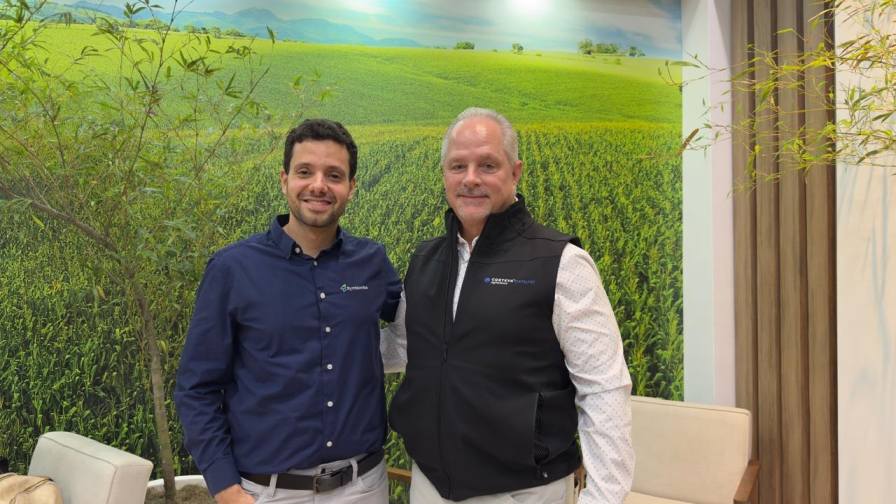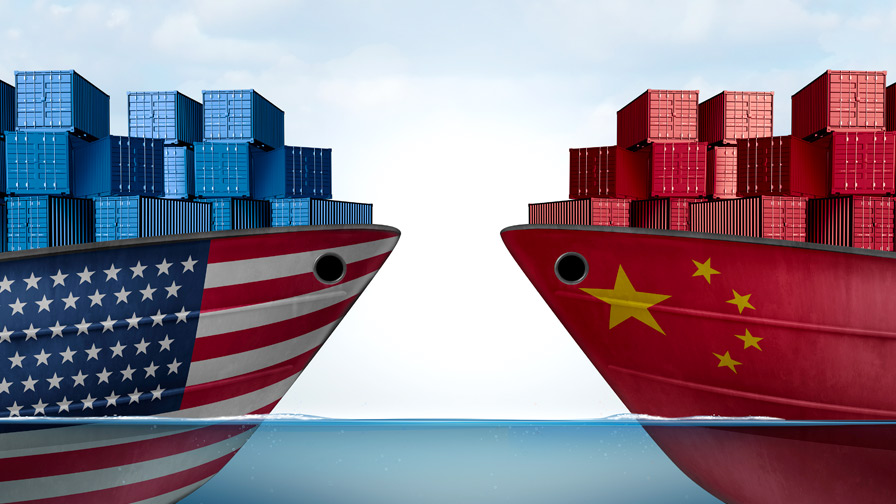Thailand Votes to Ban Three Key Crop Protection Chemicals
Thai National Hazardous Substance Committee postponed the ban of paraquat, chlorpyrifos from 1 December 2019 to 1 June 2020 and to restrict use of glyphosate to give time for replacement products to be found.
The ban began 7 October 2019 when the Deputy Minister of Agriculture and Cooperatives called a meeting of four working group committees from the Department of Agricultural, Importers, Farmers, and Consumers. The issues was the fate of three pesticides: paraquat, glyphosate, and chlorpyrifos. The import licenses have been suspended and the registrations have not been renewed for the products since 30 June 2019.
In addition to the ban the unanimous vote meant the three products could not be imported, or sold in the country. The vote also forbid the possession of these products. The Deputy Minister of Agriculture and Cooperatives said the vote was done as a New Year’s gift of Thai farmers.
The committee forwarded its decision first to Prime Minister and then to the 29 member National Hazardous Substances Committee (NHSC), which reviewed the issue on or around 27 October 2019. So far, the NHSC has only agreed to restrict use until it finds better alternatives, despite widespread calls for a total ban from health and consumer advocacy groups.
A Timeline of the Government’s Decision
|
18 July 2019 |
The new Government of Ministry of Agriculture and Cooperatives proposes organic agricultural policy and considers the ban of three pesticides: paraquat, glyphosate, and chlorpyrifos
|
||
| 7 October 2019 | Ministry of Agriculture and Cooperatives office through the, Deputy Minister of Agriculture and Cooperatives calls a meeting of four working group committee, which unanimously vote to be ban the three products.
The ban includes the import, sale, and possession effective from December 1, 2019. |
||
| 20 October 2019 | Thai National Hazardous Substance Committee votes to:
(1) Paraquat 21 Ban – 5 Restrict (2) Glyphosate 19 Ban – 7 Restrict (3) Chlorpyrifos 22 Ban – 4 Restrict Effective 1 December 2019 |
||
| 23 October 2019 | The US Embassy in Thailand wrote a letter to Thai Government arguing the U.S. Environmental Protection Agency (EPA) has assessed that there is no risk to human health and a glyphosate banning without fully considering the scientific evidence may have a severe impact on soybean and wheat imports to Thailand because glyphosate is one of the most widely used herbicides in the world
|
||
| 25 October 2019 | US Trade Representative (USTR) announces:
President Donald J. Trump is suspending $3.1 billion in trade preferences for Thailand under the Generalized System of Preferences (GSP) based on its failure to adequately provide internationally-recognized worker rights |
||
| 30 October 2019 | Listening to public opinion (draft) from the Ministry of Industry, adjusta the status of the three agricultural chemicals into Type 4 products, which prohibits the import, export, transport, production, and possession
In a questionnaire of 48,789 people, 12,143 (25%) people agreed and 36,646 (75%) disagreed |
||
| 6 November 2019 | Thai DOA sends notification to WTO in case of Barrier Non-Tariff: NTB if Thailand Ban 3 Products.
Thailand is unable to imported raw materials for industrial production in agricultural such as soy and wheat the products must have the residual (zero tolerance) and amend the Maximum Residue Limits (MRLs) from WHO will have effects in international trade |
||
| 18 November 2019 | ACT from Department of Agriculture Announcement must notify the amount possession and clear the stock (28,000 Tons) of paraquat, glyphosate, and chlorpyrifos within 15 days after 1 December 2019 | ||
